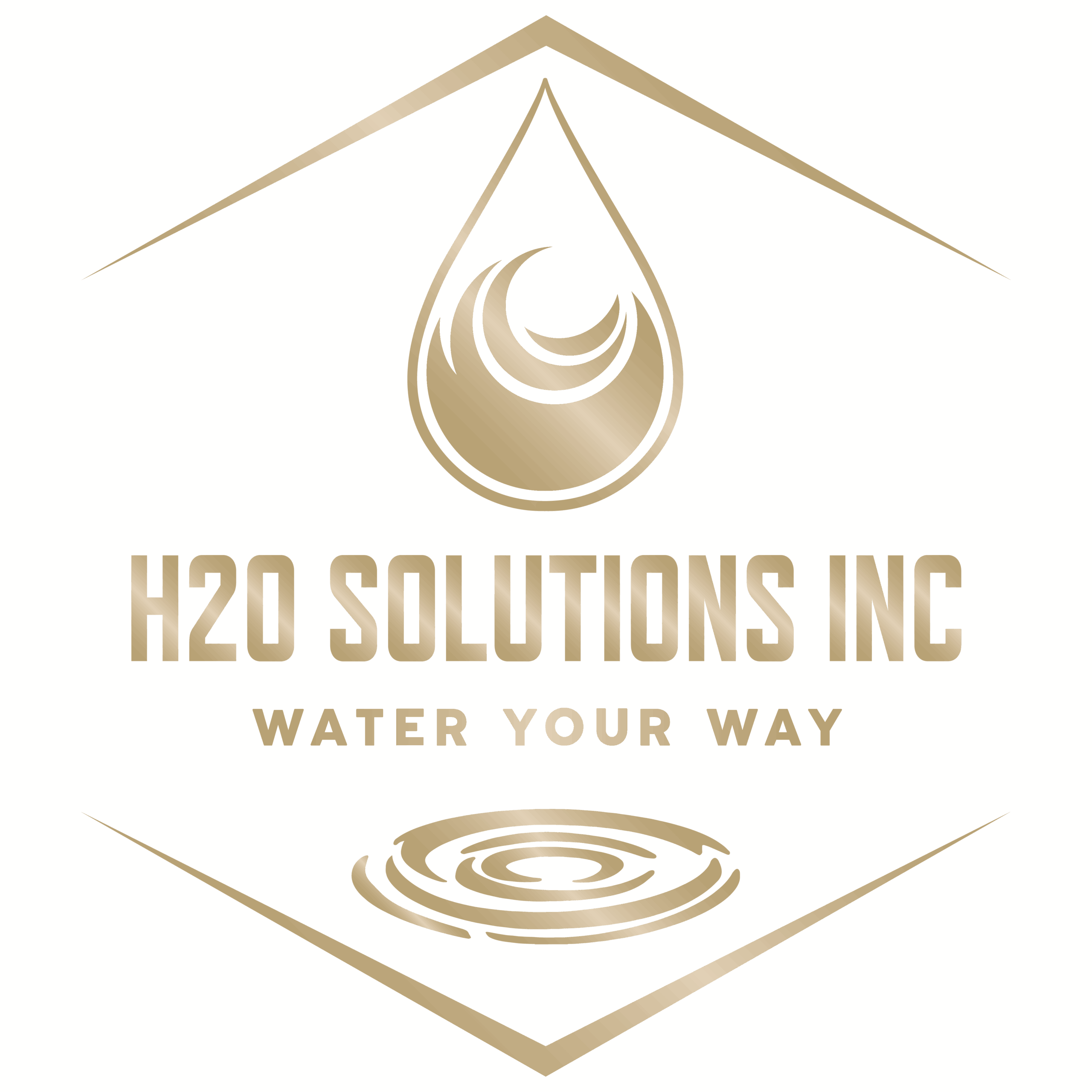SPOKANE WATER QUALITY
Annual Water Quality Reports:
What You Need to Know
In a 2024 Water Quality Report, the U.S. Environmental Protection Agency (EPA) assessed the drinking water report conducted by the Washington State Department of Health and the Environmental Working Group (EWG). The EPA found the water provided by this facility complied with federal health-based drinking water standards.
The Environmental Working Group, an American activist and non-profit organization, states that the legal limits for contaminants must be updated. With their updated standards, 13 contaminants exceed the EWG limits.
| Contaminants | Contaminant Level | MCL | EWG Standards |
|---|---|---|---|
| Arsenic | 3.19 ppb | 10 ppb | 0.004 ppb |
| Bromodichloromethane | 0.469 ppb | No legal limit | 0.06 ppb |
| Chromium (hexavalent) | 0.260 ppb | No legal limit | 0.02 ppb |
| Dibromochloromethane | 0.718 ppb | No legal limit | 0.1 ppb |
| Haloacetic acids (HAA9) | 0.557 ppb | No legal limit | 0.06 ppb |
| Nitrate | 1.72 ppm | 10 ppm | 0.14 ppm |
| Nitrate and nitrite | 1.23 ppm | 10 ppm | 0.14 ppm |
| Perfluorooctane sulfonate (PFOS) | 1.33 ppt | 4 ppt | 0.3 ppt |
| Perfluorooctanoic acid (PFOA) | 0.407 ppt | 4 ppt | 0.09 ppt |
| Radium, combined (-226 & -228) | 0.16 pCi/L | 5 pCi/L | 0.05 pCi/L |
| Radon | 398.00 pCi/L | No legal limit | 1.5 pCi/L |
| Total PFOS and PFOA | 5.05 ppt | No legal limit | 0.007 ppt |
| Total trihalomethanes (TTHMs) | 2.19 ppb | 80 ppb | 0.15 ppb |
PFAS levels are detected in Spokane water that are higher than the proposed limit of EWG.
Spokane's Drinking Water Sources and Treatment
Spokane’s sole source aquifer since 1978 is the underground Spokane Valley-Rathdrum Prairie (SVRP) Aquifer. Wells are located throughout the city to draw water from the aquifer, while storage tanks, reservoirs, and booster stations move the water to higher elevations. Because the water is pure enough to be pumped directly from the ground, it requires no treatment except adding chlorine to maintain purity throughout the pipe distribution.
The City of Spokane performs water quality tests yearly, including maintaining water mains, valves, and meters and monitoring the distribution system from a 24-hour control center.
Measures are in place to protect the aquifer from various water sources, including the Spokane River and stormwater. The Department of Ecology is actively working to reduce pollution in the Spokane River, focusing on enhancing its water quality. Stormwater, rain, and melted snow that travels over roads, parking areas, and roofs drain into Spokane’s stormwater systems. Stormwater management treats stormwater before it is discharged, and municipal stormwater general permits regulate it.
Solutions for Improving Spokane Water Quality
As part of taking action to protect the city’s drinking water, the City of Spokane joined a lawsuit against manufacturers responsible for the PFAS/PFOA contamination for the people’s safety.
We encourage the citizen’s participation with the Spokane City Council. The Council meets in-person and online every Monday (holidays excluded) at 6:00 PM, where the Mayor recommends Water Department policy and rates. See the City Council Webpage to learn more.
You can also take active steps to secure safe drinking water at home by buying the most effective filters to reduce the contaminant levels of Spokane water.
| Contaminants Above EWG Guidelines | Activated Carbon | Reverse Osmosis | Ion Exchange |
|---|---|---|---|
| Arsenic | |||
| Bromodichloromethane | |||
| Chromium (hexavalent) | |||
| Dibromochloromethane | |||
| Haloacetic acids (HAA9) | |||
| Nitrate | |||
| Nitrate and nitrite | |||
| Perfluorooctane sulfonate (PFOS) | |||
| Perfluorooctanoic acid (PFOA) | |||
| Radium, combined (-226 & -228) | |||
| Radon | |||
| Total PFOS & PFOA | |||
| Total trihalomethanes (TTHMs) |
Comprehensive Water Analysis for Spokane Residents
Accepted levels established by state regulations are not always safe, especially when your location is more vulnerable to contaminants than the general population of Spokane County.
The contaminants mentioned above heighten risks for cancer and other health problems. Filters (especially reverse osmosis filters) can remove these contaminants so people can obtain quality water that is safe to drink. Before you can filter out contaminants, you will need to understand the quality of your water.
Get a holistic view of your location’s water quality with a comprehensive and complimentary water analysis from H2O Solutions. When you schedule an appointment with us, we answer your questions and enlighten you about a water solution for your residence or business.
"*" indicates required fields
